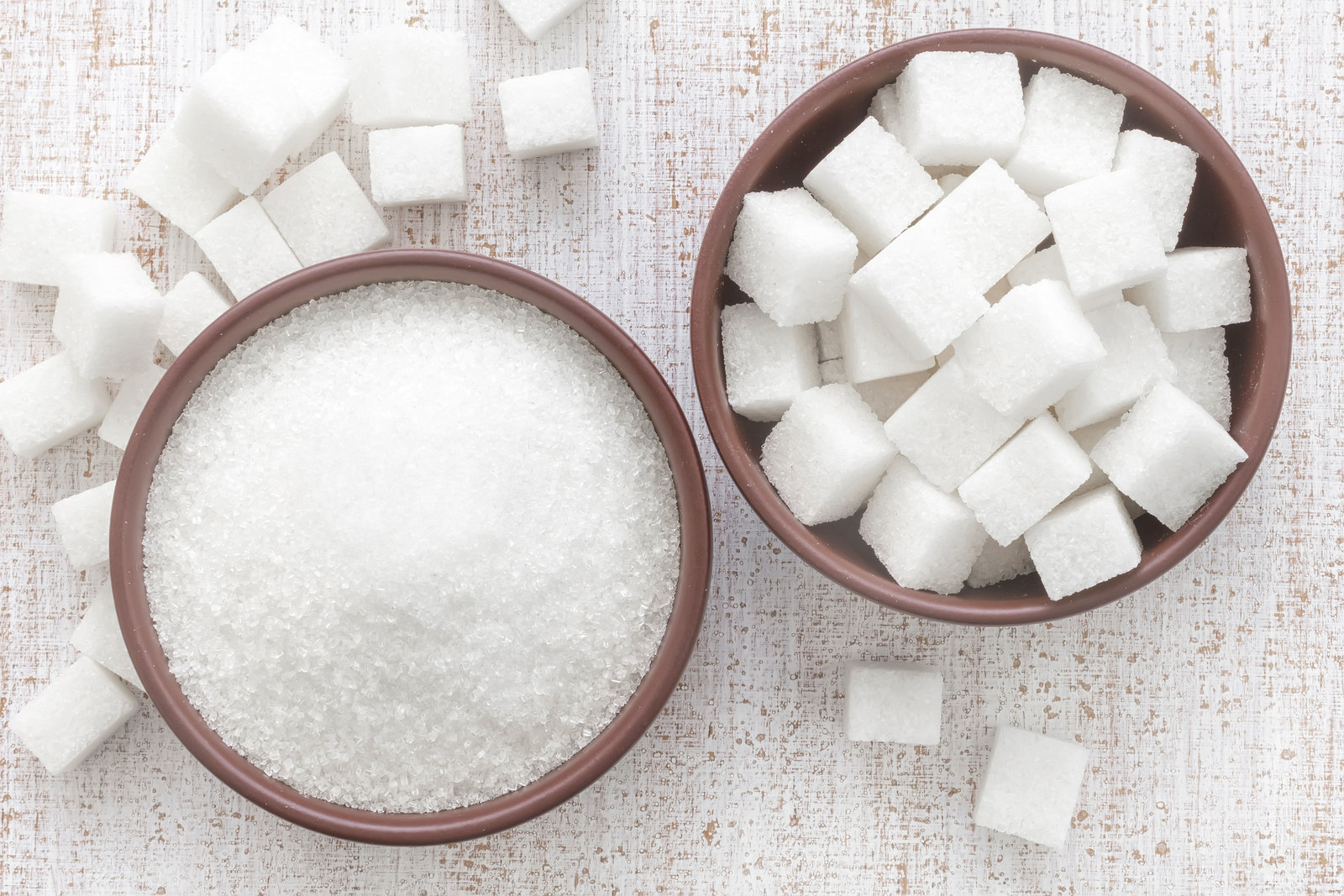
Refined Sugar: Downsides, Food Sources, and How to Avoid It
Introduction
Refined sugar, also known as white sugar or table sugar, is a commonly used sweetener in many processed foods and beverages. While it adds sweetness and flavor to our favorite treats, consuming excessive amounts of refined sugar can have negative impacts on our health. This comprehensive guide aims to shed light on the downsides of refined sugar, identify common food sources, and provide practical tips on how to reduce its consumption in our daily lives.
Downsides of Refined Sugar
- Weight Gain and Obesity: Refined sugar is dense in calories but lacks essential nutrients. Consuming large amounts of sugary foods and beverages can lead to weight gain and increase the risk of obesity.
- Increased Risk of Type 2 Diabetes: High sugar consumption over time can contribute to insulin resistance and impair the body’s ability to regulate blood sugar levels effectively. This can increase the risk of developing type 2 diabetes.
- Dental Problems: Refined sugar provides an ideal environment for harmful bacteria in the mouth, leading to tooth decay, cavities, and gum disease.
- Nutrient Deficiencies: Refined sugar is devoid of essential vitamins, minerals, and fiber. Consuming sugary foods in excess can displace more nutritious options, leading to nutrient deficiencies and poor overall health.
- Increased Inflammation: Studies have suggested that high sugar intake can contribute to chronic inflammation in the body, which is linked to various health conditions, including heart disease, cancer, and autoimmune disorders.
Common Food Sources of Refined Sugar
- Processed Foods: Refined sugar is commonly found in processed foods such as soft drinks, breakfast cereals, baked goods, candy, and desserts. These products often contain hidden sugars, so reading food labels is crucial to identify added sugar content.
- Sweetened Beverages: Sodas, fruit juices, energy drinks, and sweetened coffee or tea beverages are often loaded with added sugars. These beverages provide empty calories and little nutritional value.
- Condiments and Sauces: Many condiments, including ketchup, barbecue sauce, salad dressings, and marinades, contain added sugar to enhance flavor. Opting for homemade versions or sugar-free alternatives can help reduce sugar intake.
- Packaged Snacks: Snack foods like cookies, chocolate bars, granola bars, and flavored yogurts frequently contain refined sugars. Choosing whole, unprocessed snacks like fresh fruits, nuts, and seeds is a healthier alternative.
How to Avoid Refined Sugar
Read Food Labels: When grocery shopping, carefully read food labels to identify added sugars. Ingredients such as sucrose, high fructose corn syrup, maltose, dextrose, and cane sugar indicate the presence of refined sugar. Choose products with little to no added sugar or opt for natural sweeteners like honey or maple syrup.
- Cook from Scratch: Preparing meals at home allows you to have control over the ingredients. Use fresh, whole foods to cook meals from scratch, minimizing the need for processed ingredients that often contain added sugars.
- Choose Whole Foods: Focus on consuming whole foods such as fruits, vegetables, whole grains, lean proteins, and healthy fats. These foods provide essential nutrients and fiber without the added sugars commonly found in processed options.
- Opt for Natural Sweeteners: When sweetness is desired, opt for natural alternatives like stevia, monk fruit extract, or dates. These sweeteners can be used in moderation to add flavor to dishes and beverages.
- Drink Water or Unsweetened Beverages: Replace sugary drinks with water, unsweetened herbal tea, or infused water. If craving something sweet, opt for homemade smoothies using whole fruits or unsweetened beverages.
- Be Mindful of Hidden Sugars: Be aware that sugar can be hidden in unexpected places such as salad dressings, condiments, and even savory snacks. Choose low-sugar or sugar-free alternatives or make your own versions at home.
- Plan Ahead and Snack Smart: Prepare snacks in advance to avoid reaching for sugary options when hunger strikes. Keep a stash of fresh fruits, raw nuts, or homemade energy bars on hand for healthier alternatives.
Conclusion
While refined sugar may add sweetness to our favorite foods, its excessive consumption can lead to various health issues. By understanding the downsides of refined sugar, being aware of common food sources, and adopting practical strategies to reduce its intake, we can make healthier choices and improve our overall well-being. Remember, moderation and awareness are key when it comes to managing our sugar consumption and opting for more nourishing alternatives.
- Chew on This: My Fun Review of Moosh Mushroom Gummies - July 31, 2024
- Refined Sugar: Downsides, Food Sources, and How to Avoid It - July 13, 2023

